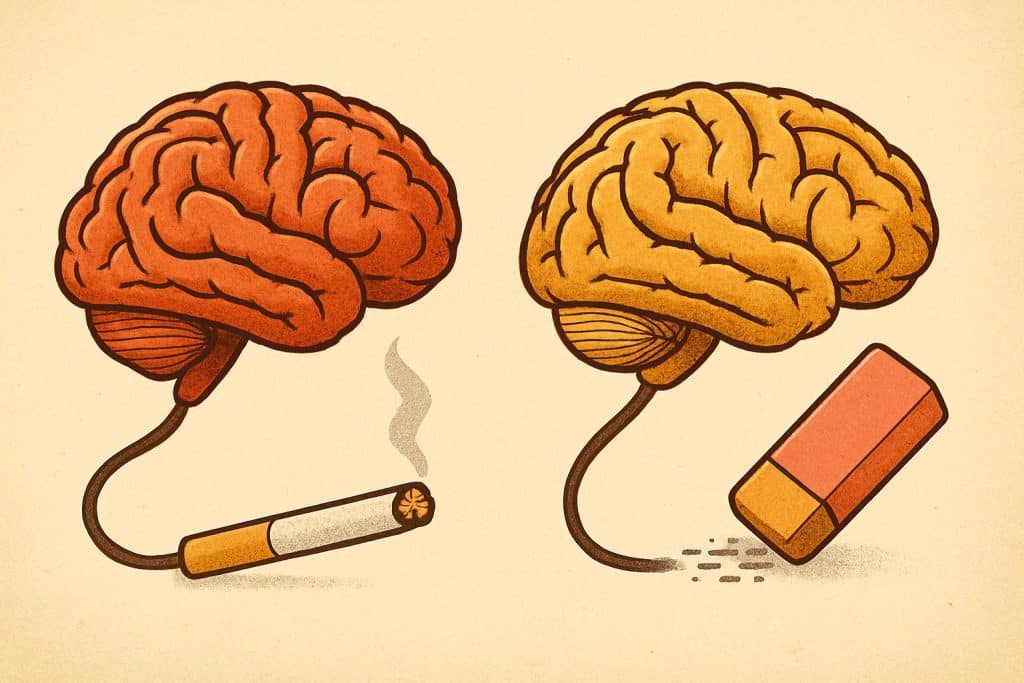Recovery from substance use is often talked about like a finish line. You get through withdrawal, complete treatment, and then you’re “back to normal.” But for anyone who’s lived it, recovery isn’t about snapping back into an old life. It’s about rebuilding and reshaping into something new. That process doesn’t just heal what was damaged—it opens the door to a different way of living, one that often feels sturdier and more intentional than what came before.
Letting Go of the Old Timeline
The hardest expectation to release is the one that says you should be “better” on a schedule. Addiction recovery doesn’t follow neat deadlines. Some days you may feel strong and grounded, and the next you may feel like you’re slipping back to square one. That back-and-forth isn’t failure—it’s how growth happens. Learning to accept that recovery isn’t linear frees people from measuring progress against arbitrary markers. It shifts the focus from “When will I be done with this?” to “What’s working for me right now?” That subtle change makes it easier to see the real progress that’s happening in ways no calendar could capture.
Building On Small Wins
There’s a misconception that the big milestones are what define recovery. Yes, those moments matter, but it’s the small victories that build the strongest foundation. Walking past an old trigger without giving in, reaching out to a sponsor before making a risky choice, or even just making it through a stressful day without reverting to old habits—these are the real building blocks. Each choice adds weight to the new identity you’re forming. Over time, these wins pile up in quiet ways, until you suddenly notice that the urge to use has less power than it once did. That’s when confidence returns, not overnight, but brick by brick.
How The Brain Heals Through Recovery
Addiction changes the brain, but recovery rewrites it. Early sobriety can feel raw because the nervous system is still recalibrating. Cravings, mood swings, and irritability are the brain’s way of rewiring itself. But with sustained effort, the brain heals after recovery by building new neural connections that support healthier responses. That’s why routines, therapy, and mindfulness practices are so effective—they create new patterns that slowly replace the old ones. Recovery isn’t just a matter of willpower; it’s biology working in your favor once you give it the time and consistency it needs.
The Power Of The Right Support
No one heals in isolation. Support systems—whether it’s a 12-step group, a recovery coach, or close friends—become the scaffolding that holds you steady. Having people who remind you of your progress when you can’t see it yourself is often what keeps recovery on track. Structured programs help too. Finding the right rehab in San Antonio, Boston or wherever you live can make all the difference, not because of the city itself but because of the connection you find within that space. The right fit provides accountability, encouragement, and a safe place to learn how to live without relying on substances. Recovery isn’t about proving you can do it alone—it’s about learning how to accept help and build resilience through connection.
Turning Recovery Into A Launchpad
Something surprising happens when recovery shifts from survival mode to growth mode. Many people discover they’re not just returning to life, but surpassing their old limits. Sobriety often forces people to get intentional with how they spend their time, how they manage stress, and how they build relationships. Out of that comes a new strength, one that’s grounded and self-aware. People often take up new hobbies, careers, or creative pursuits they’d never have considered before. Recovery becomes a catalyst for transformation rather than just a patch for the past.
Life Beyond The First Chapter
Sobriety doesn’t erase what came before, but it reframes it. Over time, the memories of using stop feeling like open wounds and start feeling like chapters that shaped who you’ve become. The progress is measured not just in days sober, but in how you handle conflict, how you respond to stress, how you build trust in your relationships. It’s in the laughter you share without needing a substance to fuel it, in the energy that returns to your mornings, in the sense of possibility that feels new again. Recovery isn’t a final stop; it’s a doorway into a fuller, steadier life.
A Stronger Horizon
Addiction tries to shrink the world down to a single need. Recovery does the opposite—it expands your world again. It makes space for joy, clarity, and connection. That expansion is what makes recovery more than just getting back to normal. It’s about discovering that life can be larger, steadier, and more meaningful than you ever thought possible. And that realization, more than any milestone, is what carries people forward.
